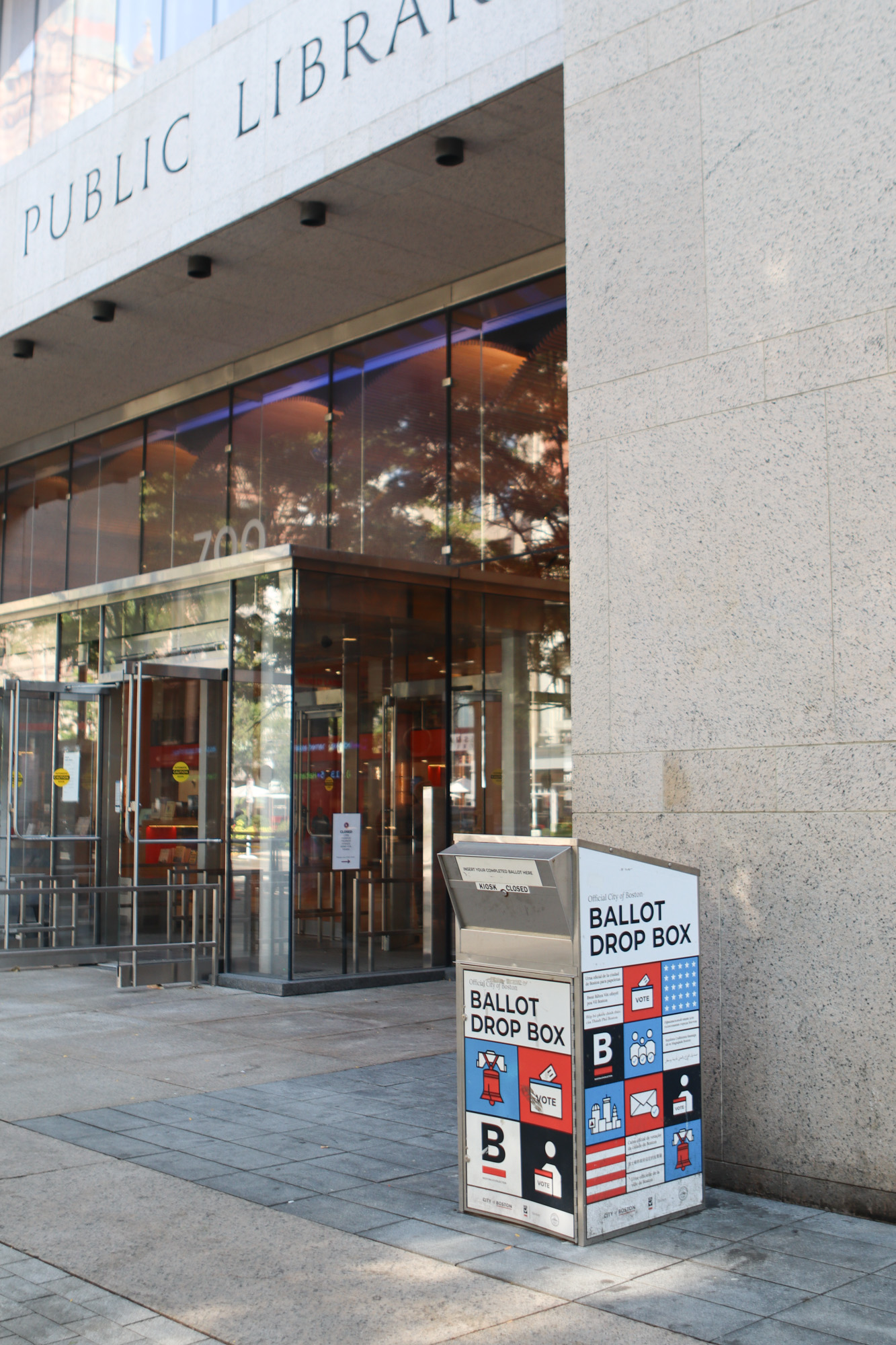Question 4, a ballot measure seeking to legalize and regulate the use of psychedelic substances, has sparked statewide discourse among Massachusetts voters as they prepare to cast their ballots on Nov. 5.

Under current state law, psychedelic substances are classified as Schedule I controlled substances, according to Ballotpedia. The proposed law would allow individuals 21 years old or older to grow, possess and use a “personal amount” of psychedelics. The law would also authorize the recently established Natural Psychedelic Substances Commission and Advisory Board to regulate the licensing of psychedelic substances and services.
Massachusetts for Mental Health Options is pushing for voters to check “yes” on Question 4. Graham Moore, educational outreach director of MMHO, said the campaign believes decriminalizing psychedelics will make consumption safer.
“If somebody’s just [using psychedelics] for themselves, we don’t think it’s a good use of time for law enforcement to prosecute them,” Moore said. “We want to bring psychedelics use into the light.”
Moore said the campaign aims to decriminalize a medical alternative they believe could be beneficial for individuals suffering from mental illnesses including depression, anxiety and post-traumatic stress disorder.
C.J. LoConte, co-chair of the Mental Health and Drug Policy Caucus at Harvard Kennedy School, said he believes from firsthand experience that psychedelics can help those for whom traditional medicines do not work.
“We’ve seen the same treatment options afforded to people with mental health issues for the last 30 to 40 years, and all we’ve seen is the number of suicides go up, the number of depressed people go up, the number of people with anxiety go up,” LoConte said. “Something’s not working.”
LoConte said he expects the law will make psychedelic substances more accessible to those who need them and will also reduce the stigma surrounding them.
Question 4 has garnered opposition from those who believe the nature of the legislation is flawed.
Spearheading the campaign against Question 4 is the Coalition for Safe Communities. Anahita Dua, chair of the coalition, said the campaign’s main issue with Question 4 is the lack of data available on the use of psychedelic substances such as psilocybin.
“Psilocybin actually has a lot of good data for use in certain populations for certain disease processes,” Dua said. “But we simply do not have enough data.”
According to Dua, the insufficient evidence on how psilocybin reacts with other medications or with other diseases makes the drug potentially dangerous.
The proposed law would also allow people 21 years of age and older to grow natural psychedelic plants and fungi in their own homes in areas that are smaller than 12 feet by 12 feet and inaccessible to anyone who is underage.
Dua said this proposal for personal growing spaces is “contradictory” with the measure to regulate the sale and usage under the Natural Psychedelic Substances Commission and Advisory Board.
“This is a medical treatment that’s going to happen by licensed people in a facility … but also you can grow a 12 by 12-foot room and use it personally,” Dua said. “Which way is it?”
Bay Staters for Natural Medicine, a volunteer, non-profit organization that provides harm-reduction education on psychedelic plants, has also opposed Question 4.
“[Question 4] would create an unelected agency with the full undemocratic power to write hundreds of pages of regulations,” said James Davis, co-founder of Bay Staters for Natural Medicine.
Davis said the nature of the law will cause Natural Psychedelic Substances Commission seats to go to the highest donors behind the ballot campaigns. This favoritism, he said, will lead to corruption because those elected to the commission will have “undisclosed conflicts of interest,” causing them to make decisions that “very purposefully benefit multi-state companies.”
“[Question 4] will set up a system that we believe will lay a permanently flawed foundation for introducing these plant medicines,” Davis said.
On the other hand, Moore said he believes the passage of Question 4 will ultimately create a safer environment for users of psychedelic substances in Massachusetts.
“It’s very clear that using [psychedelics] in a controlled and supervised environment … is safer than using them in an unsupervised, unregulated environment,” Moore said. “We have more than enough evidence to show that this policy is going to make people safer in this state.”

















































































































Lisa Stein • Oct 25, 2024 at 5:19 pm
Very insightful story on this timely subject